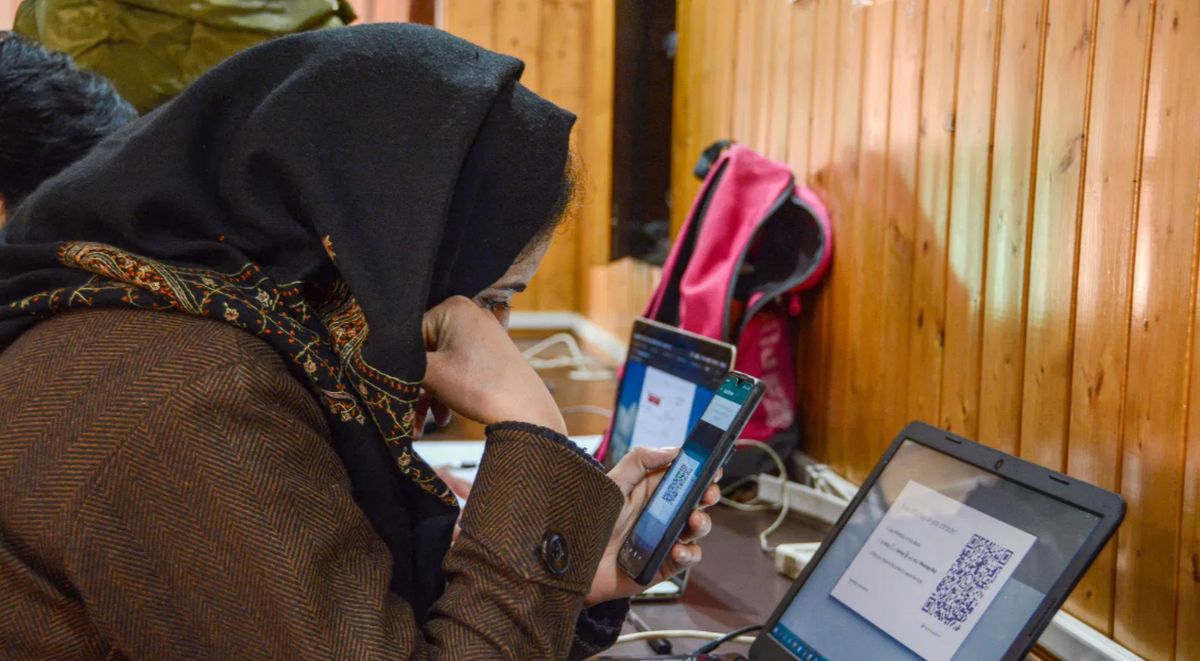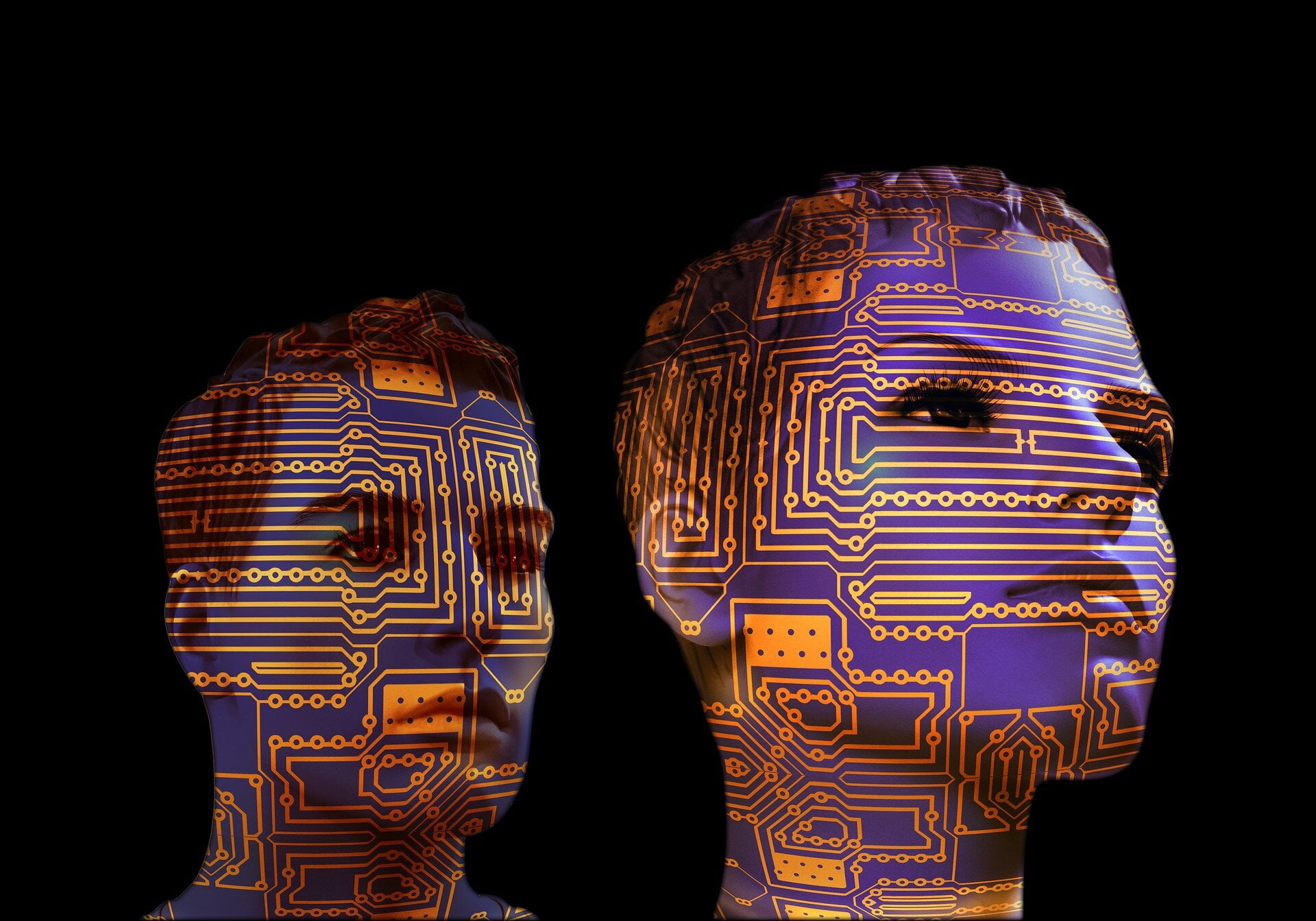Posted by Anubha Singh
Earlier this year I attended a Digital Security workshop organized by Association for Progressive Communication and Point of View in Mumbai, India. This was my first workshop on digital security and, like most others in the group, I was clueless about my expectations. I was generally aware of the larger issues of surveillance, politics of big data and other issues of concerns in the digital world. However in my mind, these were hardly issues that would ever affect me. For a very long time, I thought that digital security does not concern me because there was hardly anything of relevance from my digital existence that was of any potential significance.
The workshop was going well and I was vigorously nodding my head in agreement to everything being said till the time we got to ‘Threat Modeling’. Threat modeling is an exercise where you put yourself in the center and analyse how you might be at risk of an online attack either in your personal or professional life. To my surprise the more I analyzed, the more my safety net began to shrink. As a feminist with a loud mouth and working on issues of sexual and reproductive health and rights, I realized how vulnerable I (and those ‘digitally’ associated with me) was to being attacked online. Honestly, I was scared!
While online, most of us operate in the ‘Trust Everyone” mode. This is probably because in our minds we have compartmentalized virtual from real, maybe not realizing that, in the new media cultures, the two are increasingly overlapping with each other. As the workshop progressed and complex issues began to unfold, my digital presence felt like me standing at the center of a very busy square. Any passerby equipped with the simplest tools of social engineering could have information about my daily routine and life. Things became stark when I imagined these passerbys in the form of vindictive exes, jealous colleagues, online frauds, anti-choice advocates and homophobic outfits.
By now my assumed position of privilege and hence presumed online safety was riding a rocky boat. I realized that one can never assume any permanent state of either privilege or status quo. When the positions of power shift, so do those who are marginalized. And, one can find oneself on the other side of the power dynamics fence anytime. Given this understanding, adopting tools of digital security then is also a political statement and a feminist issue. Where in latent ways, we announce our resistance to unethical practices of extractive data collection and being scrutinized without consent. Therefore, safety in both physical and digital spaces should be an ongoing pursuit. Accepting that our digital existence is as real as the physical world (and that together both provide meaning to this one life) is the first step towards digital security. More than learning the use of complex sounding tools, digital security is about assessing our risks online and being open to behaviour change.
Equipped with new tools of safety, I now feel more confident in navigating the digital streets and exploring Internet’s potential for seeking information, knowledge, entertainment and pleasure.
Anubha Singh currently works with CREA, New Delhi and uses the handle @AnubhaUsha on Twitter.
This article was originally published on Young Feminist Wire and has been re-published with their consent.




